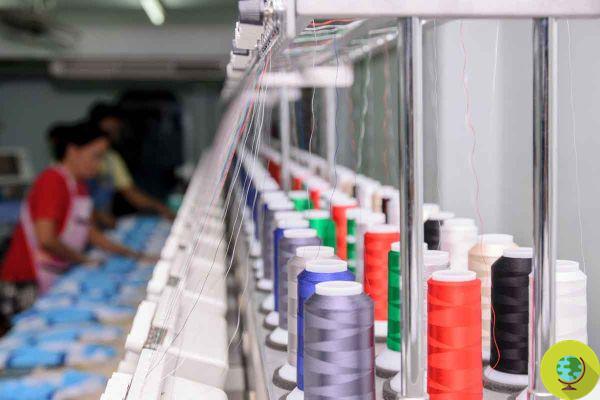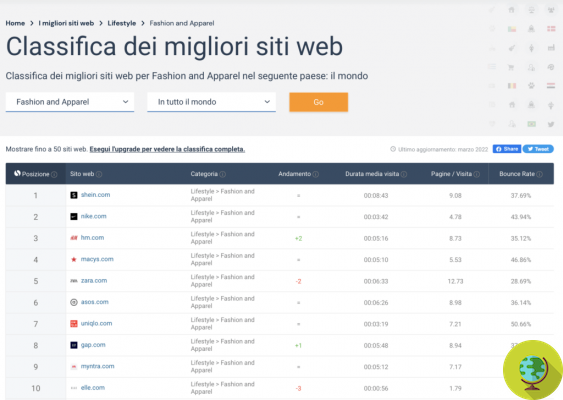Plastic bottle recycling knows no bounds. We've already got to show you fun ideas from around the world and practical DIY solutions to give them new life. More and more used also in technology to build the body of mobile phones, interesting and winning experiments are now also coming from clothing. Specifically, the use of plastic bottles in the production of sweaters and sweatshirts is nothing new. The same fleece that has been circulating on the market for decades, a material derived from the processing of PET, is nothing more than refined plastic. More and more young designers, however, are starting to directly use plastic bottles destined for landfills.
Don't store avocado like this: it's dangerous
Il recycling of plastic bottles knows no boundaries. We have already got to show you fun ideas from around the world and practical do-it-yourself solutions to give them new life. More and more used also in technology to build the body of mobile phones, interesting and winning experiments are now arriving also fromclothing.
Specifically, the use of plastic bottles in production of sweaters and sweatshirts this is nothing new at all. The same fleece that has already been circulating on the market for decades, a material derived from the processing of PET, is nothing more than “refined” plastic. More and more young designers, however, are starting to directly use plastic bottles destined for landfills.
This is the case, for example, of the Playbackclothing, a young American brand that recently launched some new 65% polyester t-shirts made from PET and 35% recycled cotton. The peculiarity of these shirts lies in the fact that they are colorless, or rather: they are of the same colors present in the plastics used for their production.
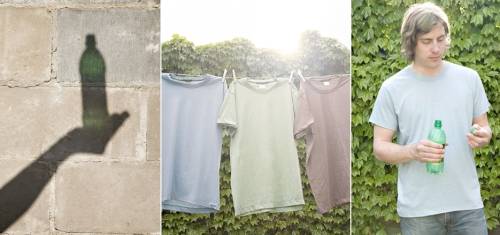
Just thinking that 8 and a half bottles are needed for each t-shirt and calculating that in the United States 2 million are thrown away every 10 minutes I believe that, for once, by letting the numbers speak, it is easy to understand the ecological savings that such a garment can bring. The t-shirts can be purchased, together with the other lines of garments made of recycled materials, directly on the shop of the site where the sweatshirts are also available, at a price that is around 20 dollars.

Within the combination of fashion and PET, another company that has adopted the recycling of plastic bottles for the creation of its products is Switzerland. Switches. Founded by Robin Cornelius with the primary goal of finding a alternative way of making clothes, polluting as little as possible and seeking the use of materials that did a very limited number of damage to the environment. Switcher has focused and specialized in the last quarter of a century in the creation of garments that mainly used the organic cotton as a material. Recently, however, understanding an even more efficient and eco-friendly way to create their own garments, they have decided to also embrace a production policy focused on recycling of plastic bottles. For his first collection in PET will include a winter line for women, men and children consisting of jackets, sweatshirts and sweaters. The even more advantageous aspect of this new production, compared to the previous one in organic cotton, will be given by the fact that PET is able to create garments capable of heating more and, therefore, warm and ideal for the winter season.

Other advantages from the use of this material are given by the conspicuous lowering of consumption of the production process. In fact, recycling PET allows a lower energy consumption in the transformation phase into polyester and, let's play, an evident lowering of that of thewater. The Switcher garments can be purchased directly on the site in different models and colors at a price of approx 120 francs.
Dressing up using parts of plastic bottles sounds strange it is true, but if that involves a saving energetic and consumption. Furthermore, the warmth - superior to cotton - that these garments will be able to give cannot be neglected. The freezing winter in some northern European countries is fought by drinking from the bottle, why in the name of the environment, not try to wear it?
Alessandro Ribaldi





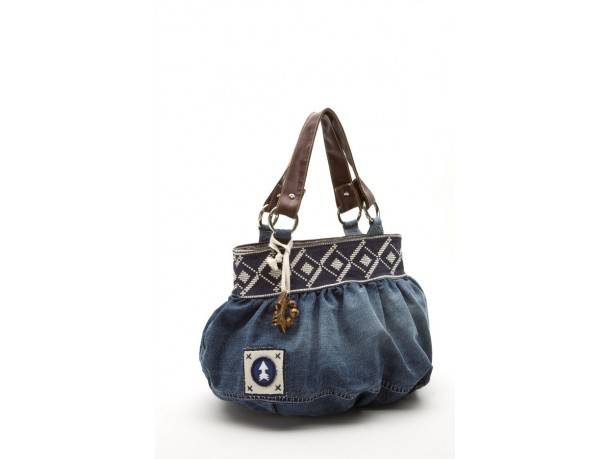




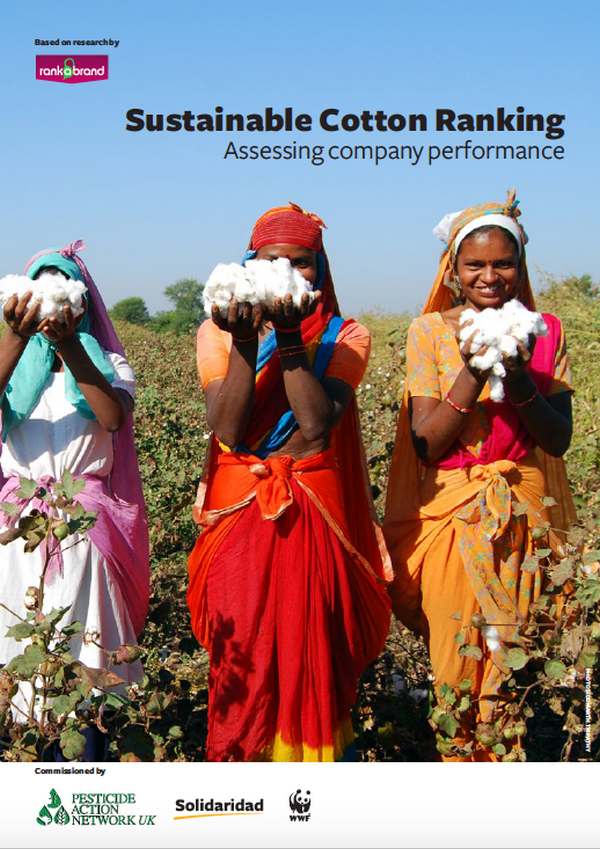







![Vivienne Westwood has a message for all the powerful ahead of COP26 [VIDEO]](/images/posts/221fa8f5dd2d21a4210e6b9071546b56-0.jpg)


